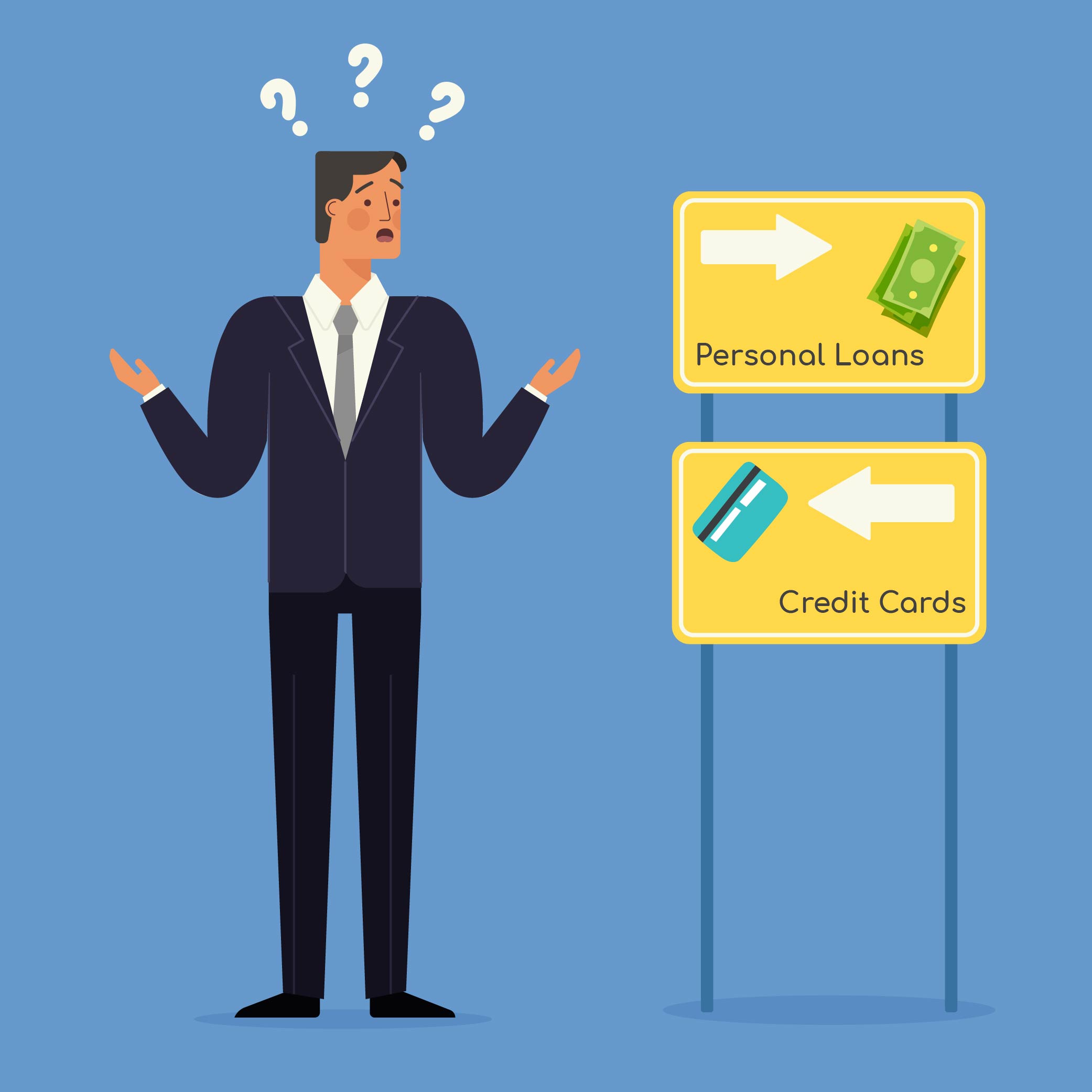When you’re looking to acquire debt, there are two chief options to choose from: Credit Cards or Loans. Now, there’s no easy answer to which one’s a better or superior option. The key lies in examining your financial situations, reviewing your income source, and evaluating your need for funds in exact terms.
When you have done the above, refer to the ensuing pros and cons analysis of both the said options, which will help you make an informed decision.
Credit Cards Vs Personal Loans
Credit cards
The Pros
-
Lengthy 0% deals
The best thing about credit cards is that they offer lengthy 0% introductory rates on purchases. And if you pay off what you owe during the introductory period, it implies that you won’t have to pay interest on your borrowing.
-
Money transfers
When you’re in need of ready hard cash, credit cards can come in handy, as many credit cards provide the facility of transferring money into your current account. Best part? The rates are usually much, much lower than the ones on personal loans.
The Cons
-
Interest charges
Interest charges on credit cards can pile up really quick if you don’t pay your dues on time, especially before your 0% offer ends. Unlike loans, credit cards don’t require you to clear your balance within a certain timeframe, which is why you’ll find yourself in deeper and deeper debt owing to interest charges if you’re not punctual about wiping off your credit card slate every month.
-
Low minimum payments
Minimum monthly payments on cards are often set at very low levels. If you only pay this amount each month, not only will it take you longer to clear your debt, you’ll pay out far more in interest. So try to pay off more than the minimum if you can.
-
Low credit limits
The sad thing about credit cards is they usually don’t offer particularly high credit limits, so if you need to make a big purchase, you may not be able to borrow the sum you need.
Personal Loans
The Pros
-
Larger borrowing at great rates
Unlike credit cards, with loans you can usually borrow a large amount. Even better news is that on these large amounts, you’re likely to get cheaper and competitive rates of interest.
-
Greater flexibility
Another advantage of a loan is that you can decide how long you need to repay what you owe. If you’re borrowing a large lump sum, you can therefore choose to spread your monthly repayments over a number of years.
You’ll have peace of mind that you know exactly how much you’re repaying each month, and that at the end of the term there will be nothing left to pay.
The Cons
-
Higher rates for smaller sums
Perhaps, one of the biggest downsides of loans is that rates are often more expensive if you are only borrowing a small amount. This is why we told you to determine your exact need for funds.
-
Fees
If you want to pay off your loan early, there may be a penalty charge to do this, which is usually equivalent to two or three months’ interest.
Some lenders also charge arrangement fees, which can increase the overall cost of credit.
Whether you choose a loan or a credit card, you’ll probably want to get accepted quickly. That is another factor that comes into play when choosing your pick. You must pay adequate attention to this, and also must be mindful of tarnishing your credit file by applying at places where the chances of rejection are high.
[Did you make up your mind yet? Now you can compare the best Credit Cards and Personal Loans Here!]



